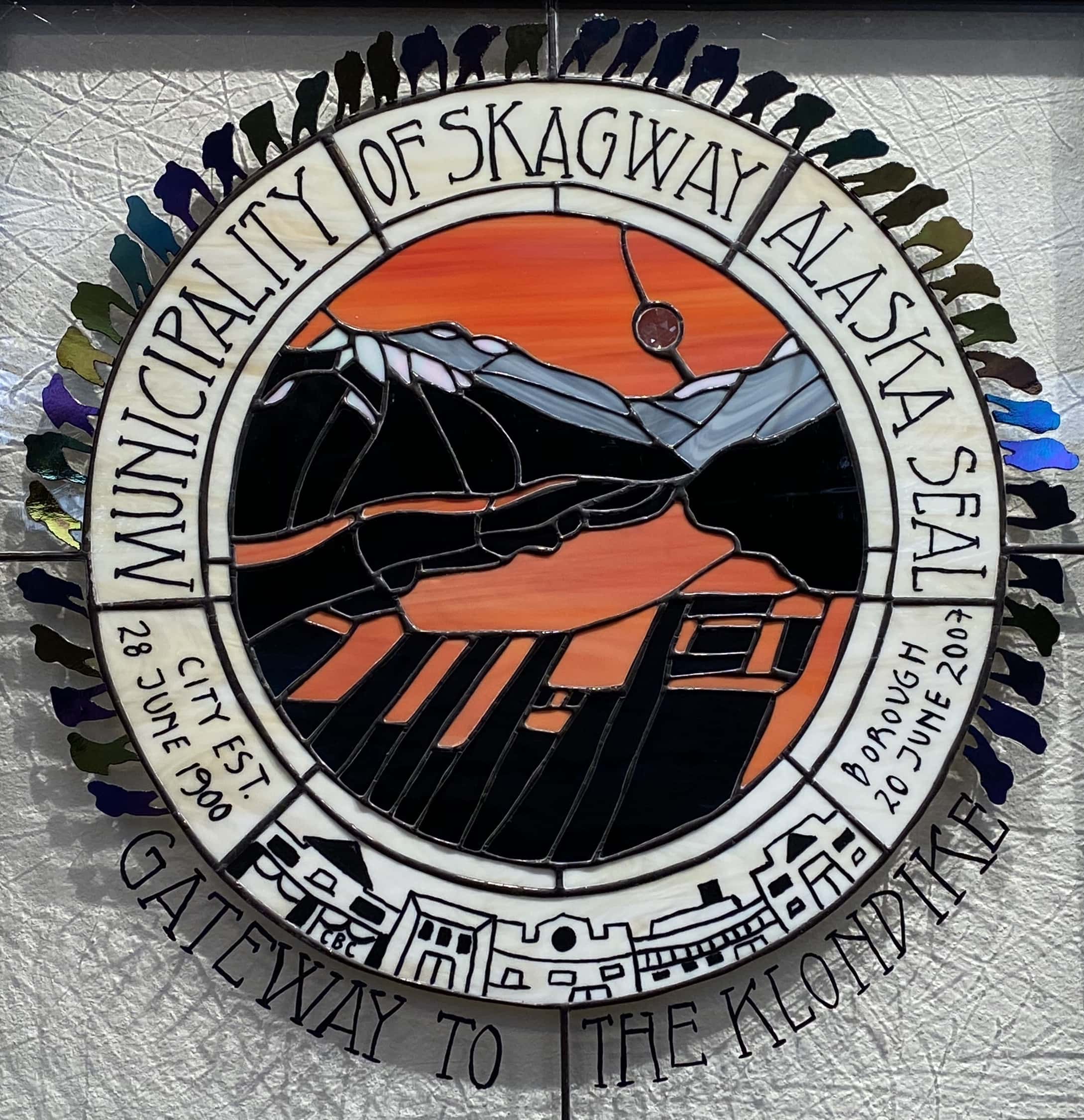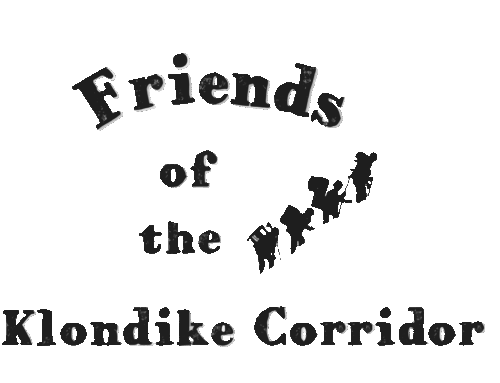By Gretchen Wehmhoff
In a four to two vote on April 6, the Skagway Borough Assembly approved a resolution that brought citizen correspondence back to the Municipality of Skagway (MOS) website.
Responding to a move in October 2022 that halted the publication of correspondence submitted to the mayor and assembly on the muni website, Resolution 23-15R amends Section 1, Rule 9E of Res. 22-30R Establishing the Assembly Rules of Procedure.
Prior to the October decision, citizens’ letters to the mayor and the assembly as a whole were published as part of the packet for assembly meetings. This practice had been common for several decades, while specifics of website publication had not been addressed in municipal code. Prior to the website, the letters were included in the printed packets available to the public in the back of the chambers.
After public protest to the elimination of published correspondence, the issue made it to the Civic Affairs Committee where the amendment was drafted, discussed, shared with the MOS attorney and finally presented for approval by Assemblymember Deb Potter.
Residents Jeff Brady and Jan Wrentmore each separately contacted attorney John McKay, an expert media and public records lawyer and retired University of Alaska Anchorage professor. Brady and Wrentmore shared various drafts with McKay, then shared suggestions to the committee. Brady said McKay also conversed with MOS attorney Bob Blasco.
Brady spoke at the April 6 meeting.
“It all starts with the Alaska Open Meetings and Public Records Act,” Brady said. “Basically, every communication across the city, the City Hall threshold, whether a sticky note or an email is a public record … Anyone can come in and ask to see it.”
In support of the resolution, Red Onion owner Jan Wrentmore offered the scenario that could occur without letters being published.
“My favorite example is, if my license is up for renewal, and it’s on the agenda of the meeting, and somebody writes a letter, and they give you reasons not to renew that license. If they say ‘it’s my intent not to let the public see this. I don’t want Jan to know, I don’t want the Red Onion to know I wrote these things about the bar’.” Wrentmore continued, “I have a right to see that information. So particularly as it pertains to an agenda item that you’re going to be making a decision on. I think those letters you have in front of you, as a basis for your decision, should be public and the public has a right to see them. I think that applies as well to a whole bunch of issues, including all the tough waterfront, lease renewals and upland decisions, all of that,” Wrentmore said.
After discussion, an amendment to the amendment was passed clarifying that letters addressed to the mayor and/or assembly or assembly are included in the original amendment, and that the correspondence must be germane to what is on the agenda.
Assemblymember Jay Burnham had a concern about warning the person submitting the correspondence of the rules.
“The main thing, like I said, at the beginning was I am for correspondence in the packet, as long as it’s realized by the people writing it, that it will be public,” Burnham said.
Potter noted that a future solution could include a public portal for submission of letters to be included on the municipal website. That portal would clearly state that the correspondence would be public record and included in the assembly packet. She referenced the websites of Bethel, Alaska and Shoreline, Washington as examples.
Potter shared that in order to create a public portal in Skagway, the website software would need to be updated by several versions, so it was not viable at this time.
The main amendment lists specific guidelines for submitting letters to the mayor and/or assembly.
All correspondence must include the sender’s legal name, community of residence and return address or email. In addition, correspondence will not be forwarded to the mayor or assembly or included in the packet if it includes: “Gossip (defined as rumor or reports about the personal or private affairs of others), indecent language, threats, hate speech or statements that could subject the municipality to potential liability for violating personal privacy rights or for libel or which otherwise are an exception to being a public record under the Alaska Public Records Act.”
If correspondence is received that doesn’t comply with the guidelines, the clerk’s office will return the letter to the sender noting the guidelines. The clerk’s office may also consult with the borough attorney regarding received correspondence.
Letters sent specifically to one member of the assembly would not be subject to publication.
Assemblymember Sam Bass brought forward an unsuccessful motion to “send resolution 23-15R back to the city attorney and ask for very clear definitions for any and all terms that will be used to determine what is published and what is not.” The motion was seconded by Assemblymember Jay Burnham.
“I would at least like the lawyer to come back and say, here’s what indecent language is, give us some sort of context,” Bass said.
Prior to the final vote, clerk Steve Burnham confirmed with Mayor Andrew Cremata that since the clerk would not receive correspondence sent directly to the mayor, that Cremata would be responsible for forwarding qualifying emails to the clerk’s office by the deadline for inclusion in the assembly packet.
Assembly agendas are posted by Friday evening the week before the meeting. All correspondence must be received 48 hours prior to the assembly meeting where the agenda topic is listed.
Correspondence not complying with the rules of the resolution will not be published.







Leave A Comment